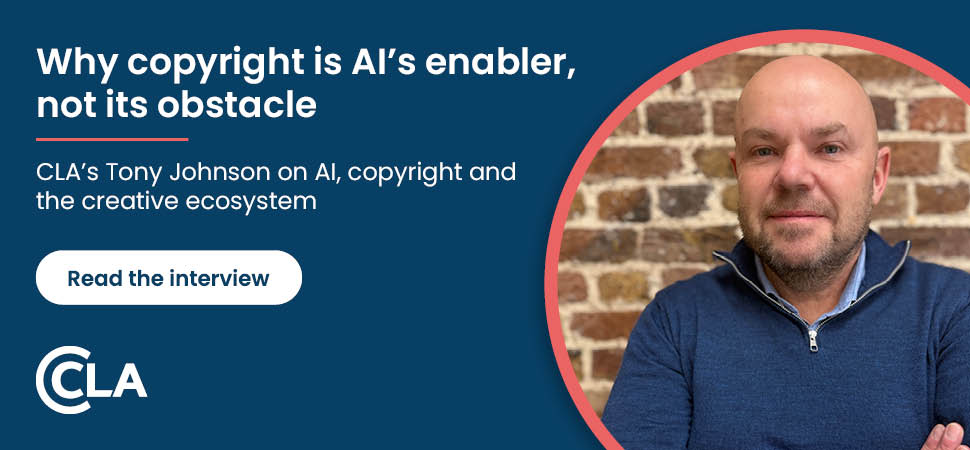Amidst the vast landscape of entrepreneurial talent lies a formidable force that often goes unrecognised – disabled entrepreneurs. Not only do they exhibit the same problem-solving, creativity, and innovation seen in all small business owners, but their journey to success is marked by an exceptional level of resilience, overcoming societal barriers that stand in their path.
In the United Kingdom, disabled founders constitute over a quarter of all entrepreneurs, making them a crucial economic force. Nonetheless, the current state of UK entrepreneurship falls short of true equity, accessibility, and inclusivity. Recognising this need for change, Small Business Britain, in collaboration with Lloyds Bank, recently launched a groundbreaking report exploring the intersection of disability and entrepreneurship. Drawing insights from the experiences of more than 500 disabled and neurodiverse founders across the country, this research underscores the imperative of unlocking the untapped potential of a genuinely diverse and inclusive entrepreneurial community.
A key finding that emerges from the report is that many disabled entrepreneurs embark on their business ventures for reasons unrelated to their disability. In fact, 51 percent of them are driven by the desire to be their own boss, while 53 percent are motivated by the opportunity to turn their passions into profitable ventures. The path of entrepreneurship not only provides them the freedom to chart their own course but also offers unparalleled flexibility.
Surprisingly, 35 percent of disabled founders revealed that their disability had a positive impact on their journey as entrepreneurs, with 17 percent indicating that customers perceived them more favourably due to their disability. Moreover, a significant proportion of these business leaders regarded the skills honed through their lived experience of disability – such as agility, creativity, resilience, and problem-solving – as valuable assets deserving of greater recognition from society.
A striking revelation from this research is the need to shift the narrative from focusing on deficiencies and weaknesses to celebrating skills and strengths. Historically, discussions surrounding disability have centreed on what the condition takes away from individuals rather than highlighting the unique talents they bring to the table. Entrepreneurs passionately advocate for embracing the reality of their lives as normal, emphasising that it is society that often labels it as different. Consequently, it is incumbent upon society to reassess its outlook and create an inclusive world that empowers rather than disables people.
While disabled entrepreneurs possess incredible potential, significant hurdles impede their progress. The report identifies higher start-up costs and challenges in accessing funding and support as prominent obstacles. Astonishingly, 56 percent of disabled founders reported encountering no external support when launching their businesses. Furthermore, 72 percent lacked appropriate role models to guide them, and 55 percent received no financial assistance, despite facing additional financial burdens. Family and friends remain the most common source of funding, comprising nearly 20 percent, followed by grants, which support approximately 9 percent of entrepreneurs.
The lack of financial support is not the only barrier. The UK’s business support landscape, in its current state, is inadequately designed to cater to the needs of disabled and neurodiverse entrepreneurs. Simple details, such as website contrast, form lengths, and text density, can serve as impediments. Additionally, the need for physical attendance further restricts access to support. Although the pandemic brought progress in the form of remote work, training, and events, there are concerns that the return to face-to-face activities might reverse these positive changes.
The UK has an unprecedented opportunity to empower this segment of the entrepreneurial community and unlock its full potential, thereby driving national growth. The report proposes a series of recommendations to achieve this goal. First and foremost, there must be a comprehensive overhaul in the accessibility and inclusivity of support offered across the small business landscape. This encompasses program design, delivery methods, language, and the overall user experience. Additionally, stigma surrounding disability needs to be tackled, ensuring that entrepreneurship is viewed as a positive choice, not a last resort due to the inability of employers to accommodate diverse needs.
Furthermore, there is a pressing need for more accessible and relevant financing options for disabled entrepreneurs. Start-up hurdles should be reassessed to reduce the reliance on additional funding or the pressure to resort to debt, thereby allowing early-stage businesses to flourish and pursue the dream of entrepreneurship unhindered.
Another crucial area that demands attention is the lack of disabled mentors. The unique experiences of navigating the complex business landscape with a disability offer invaluable insight that aspiring founders are eager to access. Being understood by a mentor and not having to explain the unique hurdles they face has been identified by entrepreneurs as a critical aspect of maximising the value derived from mentorship.
Finally, when designing programs and initiatives, involving individuals with lived experience of disability at the outset is crucial. By actively consulting disabled founders, organisations can ensure that their programs are genuinely accessible and tailored to cater to the diverse needs of entrepreneurs.
In conclusion, the path to an inclusive and compassionate society begins with embracing accessibility from the outset, not as an afterthought or adjustment. The contribution of disabled entrepreneurs to innovation, problem-solving, GDP, and employment underscores the value of inclusivity. As businesses and individuals reflect on the findings of this report, we have an unparalleled opportunity to reshape the world of entrepreneurship and pave the way for a more equitable and prosperous future.



